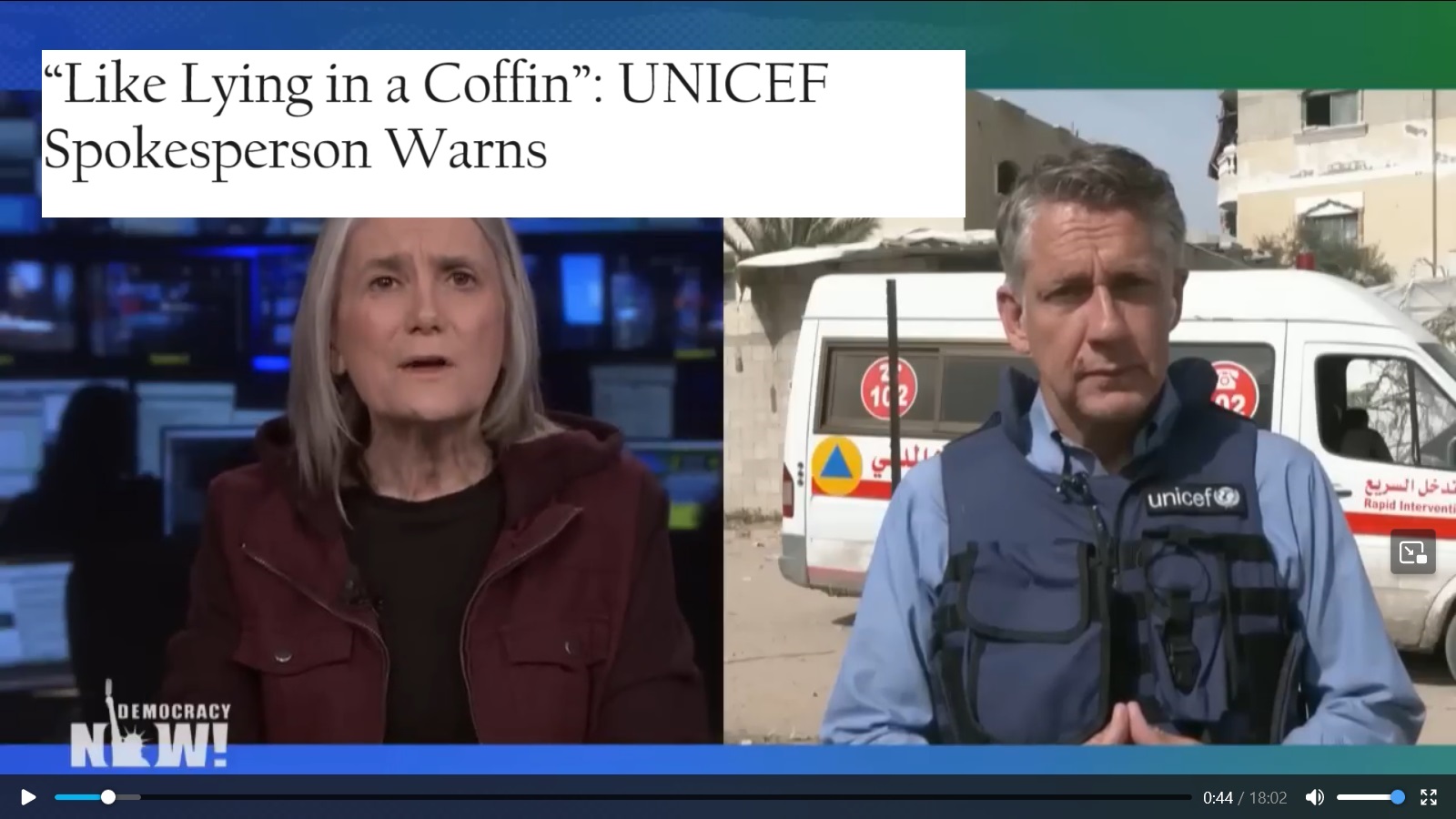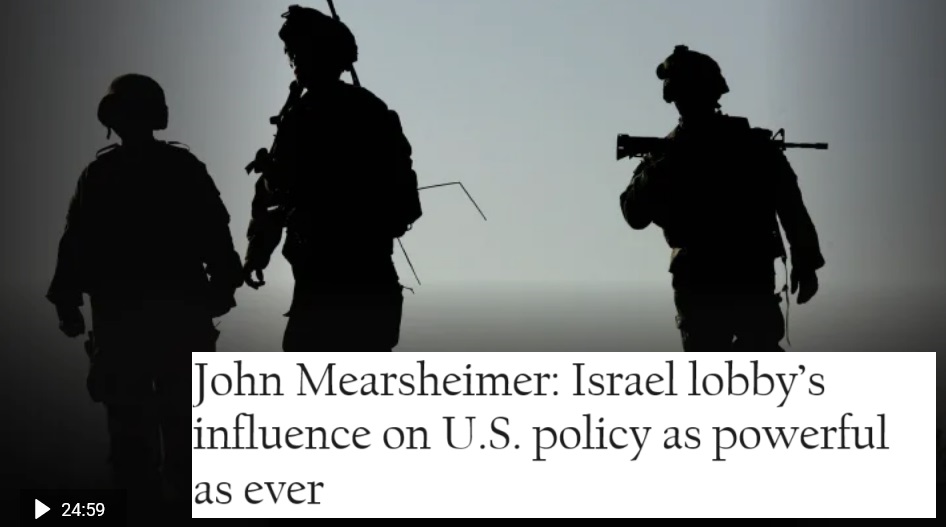Maryland moves closer to extending tuition breaks to illegal immigrants
 Saturday, April 16, 2011 at 08:50AM
Saturday, April 16, 2011 at 08:50AM WASHINGTON POST
With anti-illegal-immigrant sentiment rising in the United States, a growing number of states are considering legislation that would forbid public universities from offering in-state tuition breaks to illegal immigrants.
But this week, the Maryland legislature, dominated by Democrats, took a step in the opposite direction, voting to guarantee in-state tuition to illegal immigrants. Gov. Martin O’Malley (D) is expected to sign the bill.
Sponsors overcame years of entrenched opposition with a provision that steers undocumented students to community colleges instead of the increasingly competitive flagship school, the University of Maryland, lessening the risk that they will crowd out others for coveted spots.
Whether illegal immigrants should reap the benefits of residency at public universities is one of the more contentious issues to emerge in the national immigration debate. In this legislative session alone, at least eight states took up bills to extend in-state tuition to illegal immigrants and as many considered bills to deny it, according to the National Conference of State Legislatures. Maryland is the only state this year to pass a bill extending benefits.



















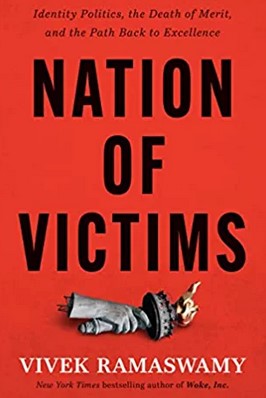


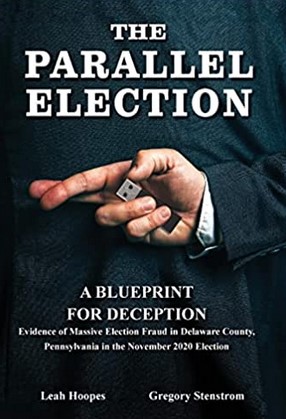


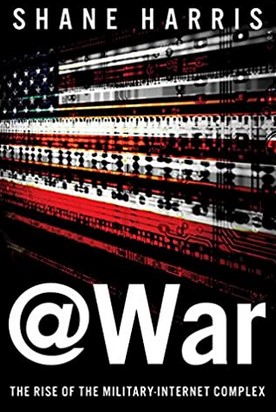




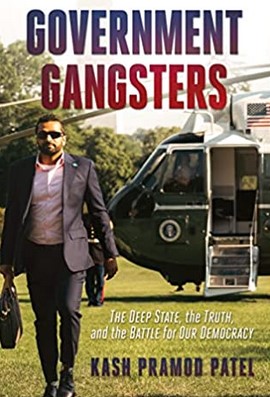
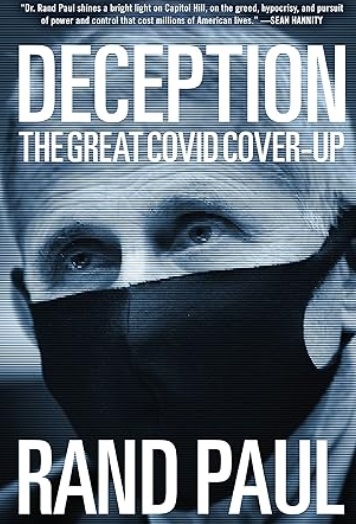









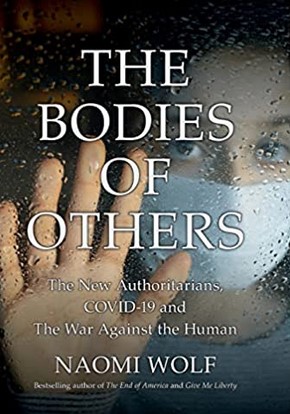
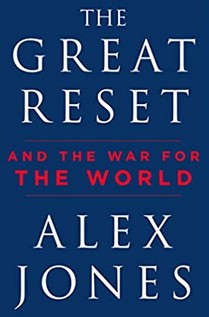










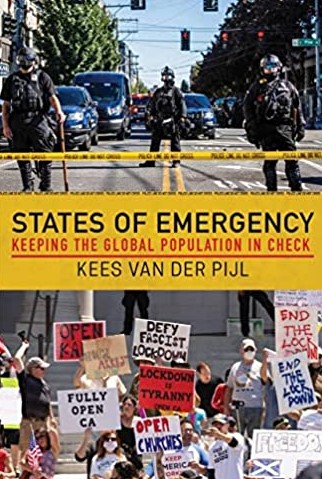

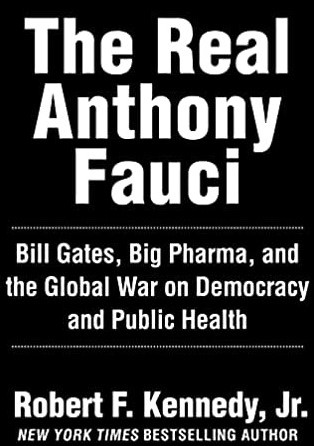











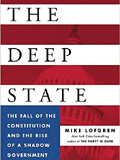
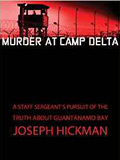
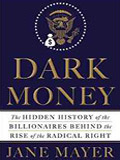


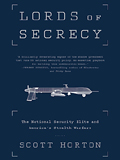



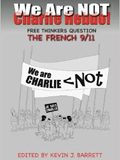



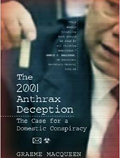


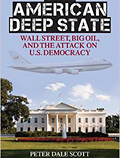


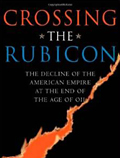
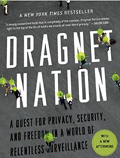




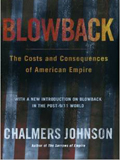




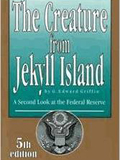





 It is a question asked repeatedly across America: why, in the aftermath of a financial mess that generated hundreds of billions in losses, have no high-profile participants in the disaster been prosecuted?
It is a question asked repeatedly across America: why, in the aftermath of a financial mess that generated hundreds of billions in losses, have no high-profile participants in the disaster been prosecuted?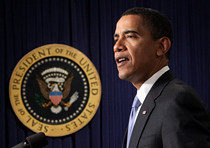 Did someone move the 2012 election to June 1? We ask because President Obama's extraordinary response to Paul Ryan's budget yesterday—with its blistering partisanship and multiple distortions—was the kind Presidents usually outsource to some junior lieutenant. Mr. Obama's fundamentally political document would have been unusual even for a Vice President in the fervor of a campaign.
Did someone move the 2012 election to June 1? We ask because President Obama's extraordinary response to Paul Ryan's budget yesterday—with its blistering partisanship and multiple distortions—was the kind Presidents usually outsource to some junior lieutenant. Mr. Obama's fundamentally political document would have been unusual even for a Vice President in the fervor of a campaign. Private Bradley Manning's Welsh mother, Susan Manning, has written a letter to British Foreign Secretary William Hague, expressing grave concerns over the health of her 23-year-old son, the Guardian reported on Wednesday.
Private Bradley Manning's Welsh mother, Susan Manning, has written a letter to British Foreign Secretary William Hague, expressing grave concerns over the health of her 23-year-old son, the Guardian reported on Wednesday. 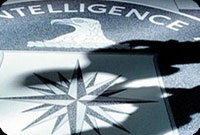 WASHINGTON —
WASHINGTON — 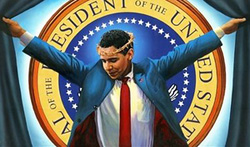 “
“ President Barack Obama, two years into a presidency that increased spending to prime a weak economy, is turning his attention to the nation's crushing debt and trying to counter a Republican anti-deficit plan with a framework of his own that tackles politically sensitive health care programs while also increasing taxes.
President Barack Obama, two years into a presidency that increased spending to prime a weak economy, is turning his attention to the nation's crushing debt and trying to counter a Republican anti-deficit plan with a framework of his own that tackles politically sensitive health care programs while also increasing taxes.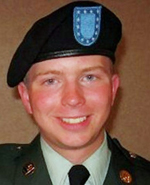 A senior
A senior  Japan's nuclear regulators raised the severity level of the crisis at a stricken nuclear plant Tuesday to rank it on par with the 1986 Chernobyl disaster.
Japan's nuclear regulators raised the severity level of the crisis at a stricken nuclear plant Tuesday to rank it on par with the 1986 Chernobyl disaster.